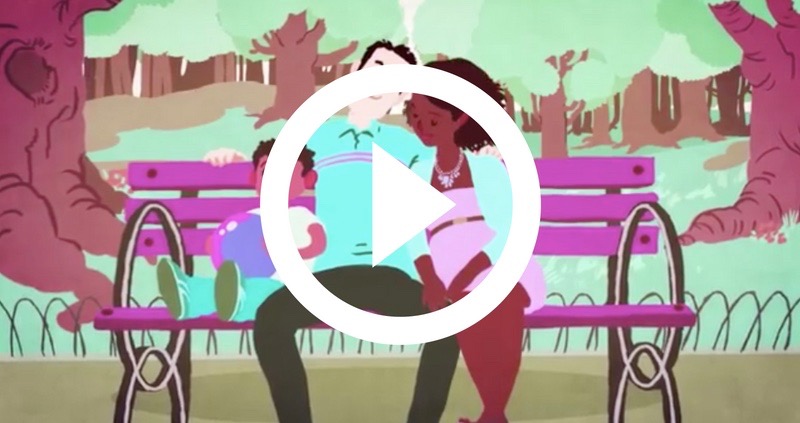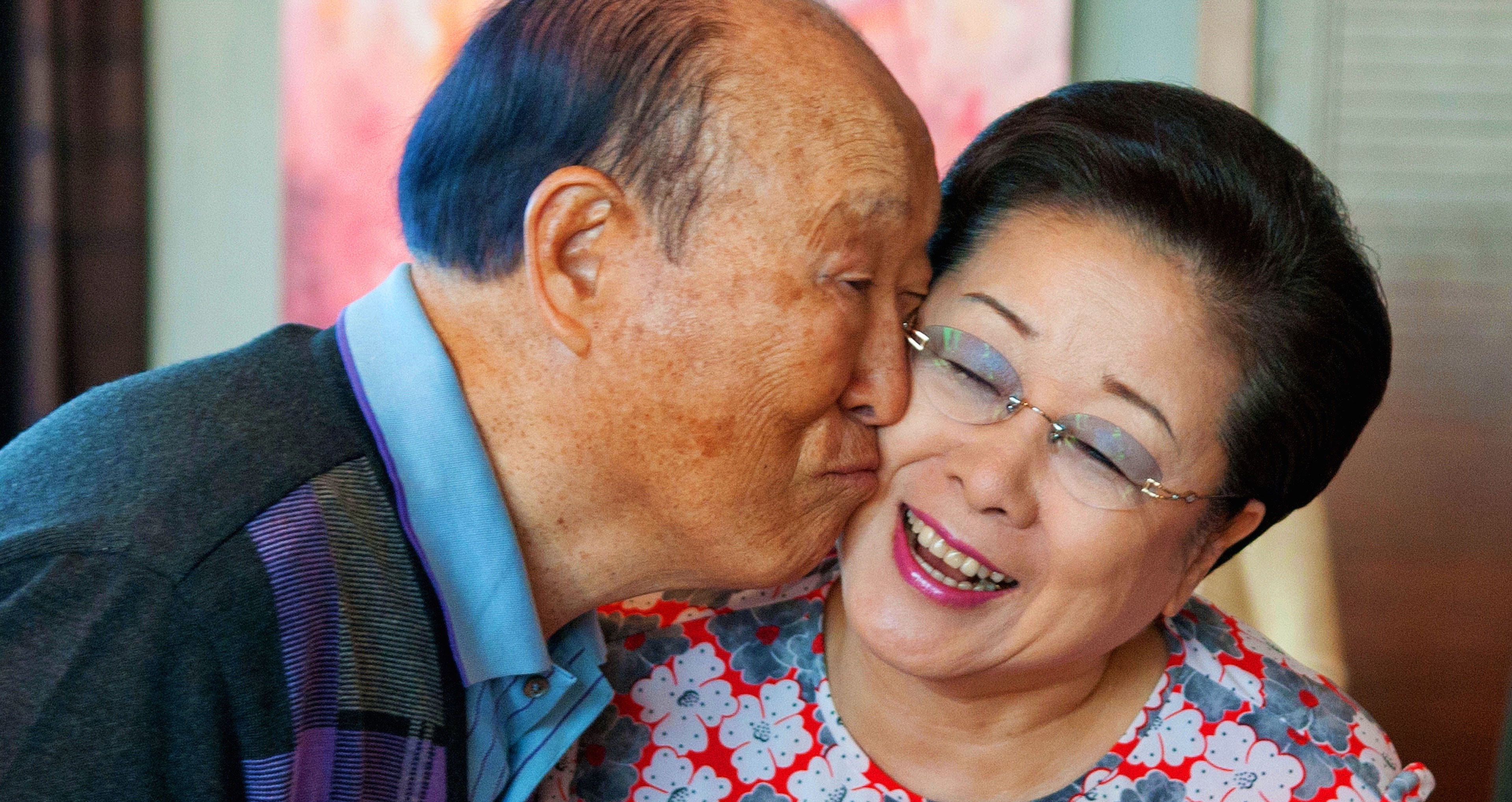
Contributed by Myrna Lapres at coachmyrna.org
Vitamin C for the Soul
For centuries, sailors suffered from scurvy. The affected sailors behaved as though they had been physically injured, but there was no history of identifiable trauma. So the physicians of the day were baffled. They used all their skills to treat the symptoms and signs of the problem—they cleaned and bandaged the wounds, cleaned the gums and teeth, and prescribed rest and increased food rations—but nothing they did was effective. They even named the disorder scurvy—also known as the “great sea plague”—but choosing a name brought them no closer to an understanding of the cause nor to an effective treatment.
As early as 1601 at least one ship captain learned that eating citrus fruits eliminated scurvy, although it wasn’t until 1795 that the British Admiralty ordered lemon juice to be carried on their ships. During that period alone, nearly one million sailors died of an easily preventable disease. Finally, in 1933 Vitamin C was isolated, and the lack of it was identified as the cause of scurvy.
For hundreds of years, people died all around the world because it was not recognized that the lack of a single molecule was causing significant trauma to the body at the molecular and cellular levels, which in turn caused wounds that could be seen with the eye. Without Vitamin C, people were starving to death, even though their bellies were filled with bread and beef.
Greg Baer, author of many books on Real Love, applies this example to our lives as individuals and as parents by asking, “What is this missing Vitamin C of the soul? What is it that we all need in to be happy?” His answer is, of course, we need Real Love, Unconditional Love. Intuitively, we already sense what we need to feel emotionally fulfilled, or happy. We see evidence of it in the unifying theme of most of our literature, movies, magazines, and even our commercial advertisements. More than anything else, what we all need is love.
When we unconditionally care about our children’s happiness, they feel a powerful connection to us. They feel included in our lives and they feel whole, safe and not alone. Each moment of unconditional acceptance creates a living thread between us and our children, and these threads weave a powerful bond that fills them with genuine and lasting happiness.
But it isn’t easy to do this. It is easy to love them when they are good and cooperative. But it is difficult, when they fight, get bad grades, or make messes. In “Real Love in Parenting,” Greg Baer says that we condition our children, just like we were conditioned, to learn that I am loved when I am good and convenient, but I am a disappointment and loved less when I cause problems. Although it is not intentional on our part, with our disappointment and irritation, we have clearly and powerfully taught our child this message: “When you’re good, I love you but when you’re not, I don’t.”
Whatever the age of your child, it is never too late to learn how to love more unconditionally.






